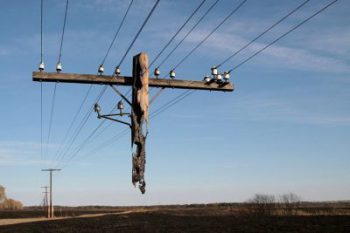Once as important as the railroad and electrical grid, phone companies aren’t quite what they used to be. The article below addresses some trends our offices are seeing across the country:
- Rural areas are still struggling for reliable high-speed connectivity with decaying facilities.
- The breakdown and transition of traditional carrier networks from copper to fiber.
- The migration of customers from carriers to cable.
Many aging networks, built on taxpayer subsidies, still remain in use and slower expensive DSL can sometimes be the only broadband service available in rural areas.
Many phone companies have attempted to shift their business models toward new, more profitable sectors as the use of copper-based landlines has plummeted over the past few years. As VoIP services became more common in the early 2000’s, the nation’s phone companies used this surge in voice competition to convince lawmakers that meaningful oversight was no longer necessary.
Cable operators certainly appreciate phone companies’ apathy. Consumers with an actual choice in broadband providers are fleeing to cable at an unprecedented rate. This shift to cable operators has allowed them to raise their rates, impose arbitrary usage caps, and struggle with customer service.
And while next-gen wireless networks may provide an additional competitive option to some of these neglected customers, wireless won’t be a magic bullet for many due to geographical limitations, bandwidth usage restrictions, and potential higher prices.
To help you determine your best option for your voice and data networks, contact your Abilita consultant today.

